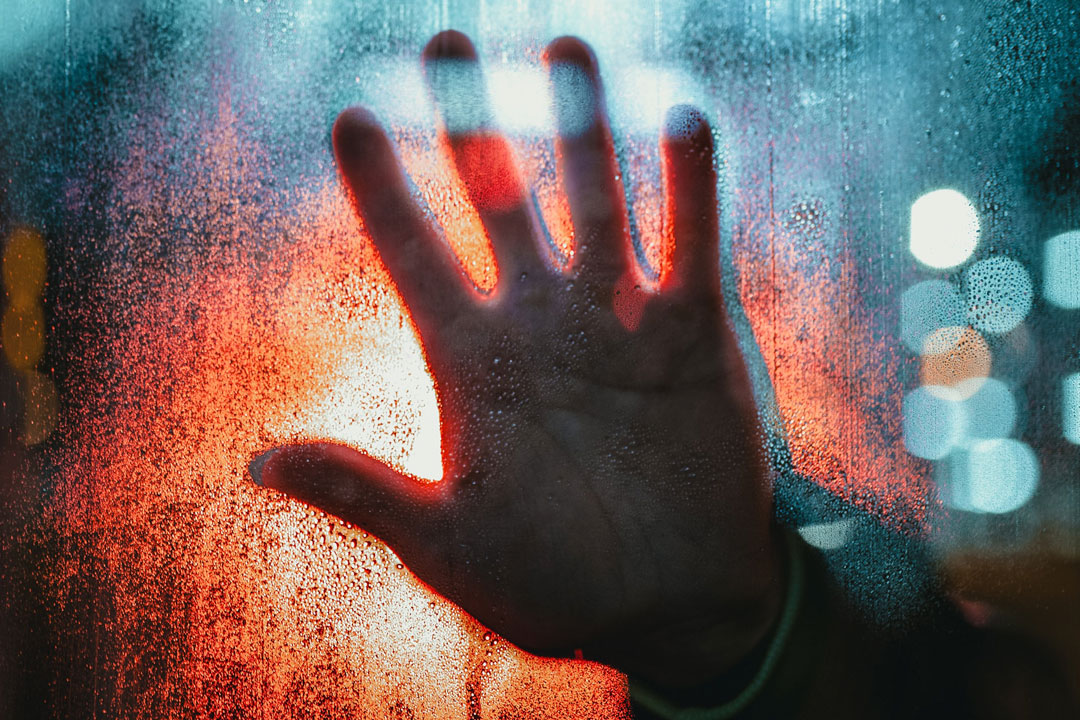
By Rawlance Ndejjo
On 18th March 2020, I returned to Uganda from Belgium on the night when the President had announced a mandatory institutional quarantine for all persons from COVID-19 high risk countries. The pilot forewarned us during a stopover in Kigali, a few hours after the press conference had ended. We thus had 45 minutes of flight time to mentally prepare ourselves for what would meet us on our arrival.
At Entebbe, we were separated and taken to a government quarantine facility where I spent 25 days. A lot has been said about the institutional quarantine process and its management. I will share my personal experience of coping while in quarantine especially that many of us can be candidates either through travel like I was, contact with cases or developing symptoms that warrant isolation. The tips can also help you during this lockdown or if under self-quarantine.
My plan had been to self-quarantine for 14 days as per the previous policy and so it wasn’t hard to adjust to spend this same time in an institution. After all, I understood the importance of quarantine as a public health measure to limit disease spread. Every quarantined person should know and appreciate their contribution towards combatting the disease and accept their new reality. It also helps to know that everyone elsewhere has been inconvenienced in one way or the other and this is not just unique to you.
In quarantine, it is important to keep your expectations low and remember that you are not there for holiday but rather for separation purposes as a disease control mechanism. So, a simple comfortable room with basic stuff should be enough to keep you going.
The hotel provided us warm meals and water on time. They were also willing to support any special dietary requirements and so communicate this early to ease your survival. It was also possible to liaise with the hotel to buy you essentials you needed. I routinely ordered for fruits and avocado.
With the basic needs of life of food and shelter settled, it is important to have something to keep you busy during such a period. Being an academic and researcher, and armed with my laptop and internet, I surely had a lot to catch up with. In fact, I tried to keep a strict routine waking up early, working on tasks I had set out to accomplish, and going to bed late usually past midnight. Of course, being in a quarantine environment, your mental health and concentration may not be the best, but you can still accomplish some light tasks. However, don’t be very hard on yourself if some days don’t go as planned. Work helped me not to feel the weight of the days except towards the end when quarantine period continued to be extended without clear justification. When planning, prepare for 14 days only as a minimum. In my case, 14 days became 25 days. Regardless, it helps to think of it as one day at a time.
I acknowledge that work is a privilege of a few, and I kept wondering how others were spending their days. Some watched movies or television, listened to music, spent time on social media, slept long hours or kept talking on the phone. I personally never found most of these appealing except news that I watched for an hour or so every day to keep tabs of what was going on in the world. Actually, most television stations were full of stories about COVID-19 and it is safer to limit your consumption of these especially if it makes you anxious.
In between work tasks, I enjoyed having balcony chats with colleagues getting to know each other and discussing our anxieties. The peer support was also key within the WhatsApp group that we created where we shared a lot and comforted each other. Such a rallying platform is very important to keep going.
One of my favourite pastimes is reading and I had two books with me. Interestingly, because my schedule was still busy, I only fixed a little time to catch up on Alastair Campbell’s ‘Winners and how they succeed’ and didn’t finish reading it in the 25 days. Depending on your hobbies, you may want to have something that helps you pass time easily. I also kept a journal that I religiously wrote in every day.
Recently the president’s exercise workout routine made rounds on social media. It reminded me of my own work routine in the confines of the hotel room due to restrictions going outside. From push-ups, sit-ups, simple jumps or dances, it wasn’t very hard to put-in 30 minutes of working out every day after sitting for several hours. Occasionally where conditions allowed, I utilised the spacious hotel compound.
The role of the social support network gets important during such times. However, be aware that this too can become a source of stress due to several persons who may frequently call to get updates and sometimes overwhelm you with anxiety. I personally kept my situation to a few family members, friends and colleagues who occasionally checked-in on me and their support was helpful.
One key source of anxiety was thinking about the possibility of having the virus. It is imperative to keep abreast with information especially regarding symptoms and what you need to do. This can also help you rule out situations when you may be overthinking a simple cough or flue. Sharing such anxieties amongst ourselves also helped us to realise that others too experienced the same and sometimes were not worth the worry. Prayer is also important at least to remember that all things work together for the good of those who love God (Romans 8:28).
So, if I were to pack heading into institutional quarantine today, a laptop, internet source, books, pens, any medications, some snacks, sanitizer, masks and exercise shoes would arm me enough for the 14-day institutional quarantine even if it morphs into a month or so.
Rawlance Ndejjo is a teacher and researcher at Makerere University School of Public Health


